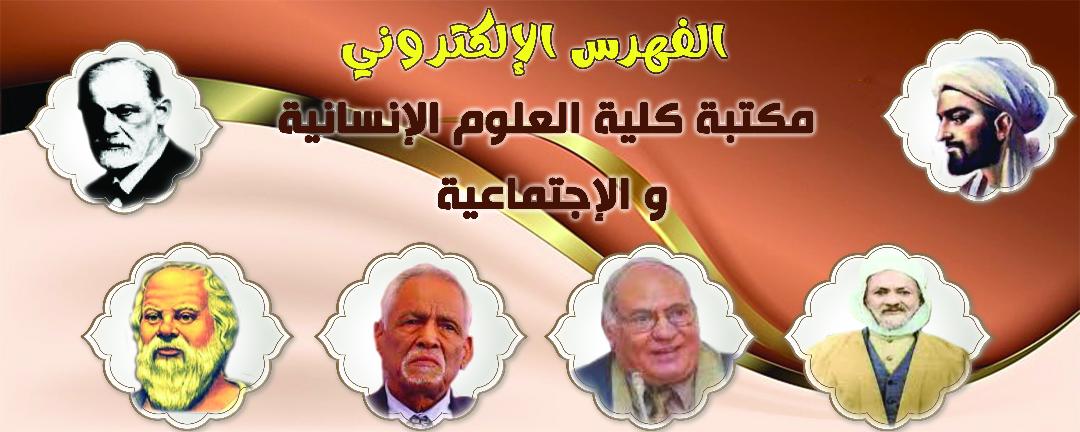| Titre : |
Educational philosophies |
| Type de document : |
texte imprimÃĐ |
| Auteurs : |
Hamida Zamouri, Auteur |
| Editeur : |
اŲŲ
ØģŲŲØĐ : ØŊØ§Øą اŲŲ
ØŠŲØĻŲ |
| AnnÃĐe de publication : |
2024 |
| Importance : |
84Øĩ |
| PrÃĐsentation : |
Øš. Ų
ŲŲŲ Ø ØĩŲØą |
| Format : |
20ØģŲ
|
| ISBN/ISSN/EAN : |
978-9969-518-98-6 |
| Langues : |
Anglais (eng) Langues originales : Anglais (eng) |
| CatÃĐgories : |
اŲØđŲŲŲ
اŲا؎؊Ų
اØđŲØĐ
|
| Mots-clÃĐs : |
Educational philosophies Ø idealism, realismØ naturalism Øexistentialism Ø pragmatism |
| Index. dÃĐcimale : |
370 اŲØŠØąØĻŲØĐ ŲاŲØŠØđŲŲŲ
|
| RÃĐsumÃĐ : |
This book deals with the most important educational philosophies that were the pillars of educational systems over many eras and years, in- cluding idealism, realism, naturalism, existentialism, pragmatism, and the philosophy of Islamic education, which is comprehensive in its components and goals by identifying the strengths and weaknesses of each philosophy.
We talked also about the general principles of each philosophy related to its view of the nature of knowledge, values, human being, society and educational applications which are summarized in the role of the teacher and the learner, also the curricula, the goals, the educational methods, and finally the evaluation method. Thus, they contribute to understanding the educational process and the type of its institutions. |
Educational philosophies [texte imprimÃĐ] / Hamida Zamouri, Auteur . - اŲŲ
ØģŲŲØĐ : ØŊØ§Øą اŲŲ
ØŠŲØĻŲ, 2024 . - 84Øĩ : Øš. Ų
ŲŲŲ Ø ØĩŲØą ; 20ØģŲ
. ISBN : 978-9969-518-98-6 Langues : Anglais ( eng) Langues originales : Anglais ( eng)
| CatÃĐgories : |
اŲØđŲŲŲ
اŲا؎؊Ų
اØđŲØĐ
|
| Mots-clÃĐs : |
Educational philosophies Ø idealism, realismØ naturalism Øexistentialism Ø pragmatism |
| Index. dÃĐcimale : |
370 اŲØŠØąØĻŲØĐ ŲاŲØŠØđŲŲŲ
|
| RÃĐsumÃĐ : |
This book deals with the most important educational philosophies that were the pillars of educational systems over many eras and years, in- cluding idealism, realism, naturalism, existentialism, pragmatism, and the philosophy of Islamic education, which is comprehensive in its components and goals by identifying the strengths and weaknesses of each philosophy.
We talked also about the general principles of each philosophy related to its view of the nature of knowledge, values, human being, society and educational applications which are summarized in the role of the teacher and the learner, also the curricula, the goals, the educational methods, and finally the evaluation method. Thus, they contribute to understanding the educational process and the type of its institutions. |
|  |

